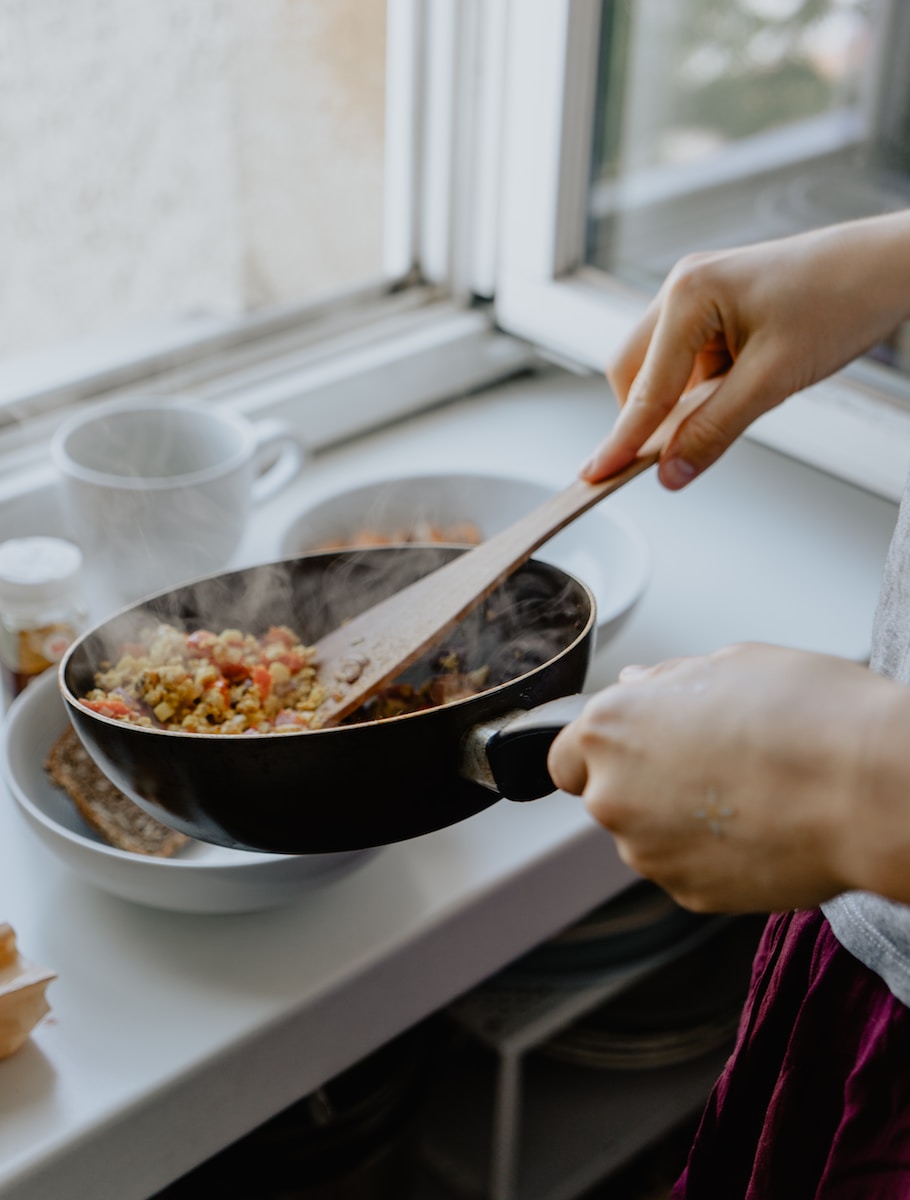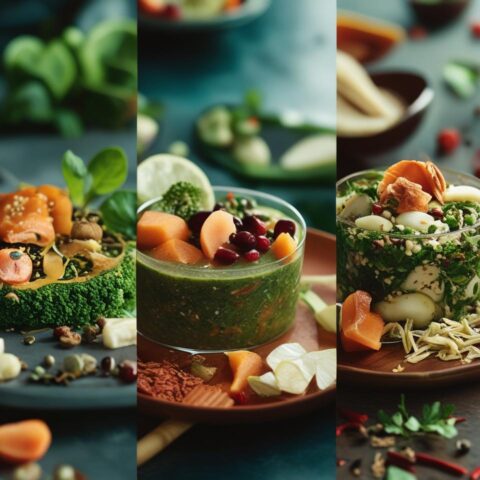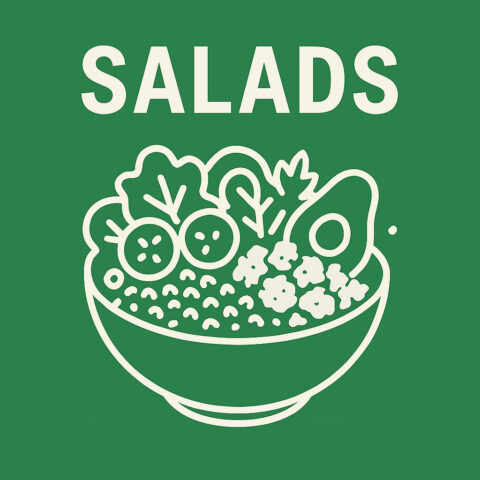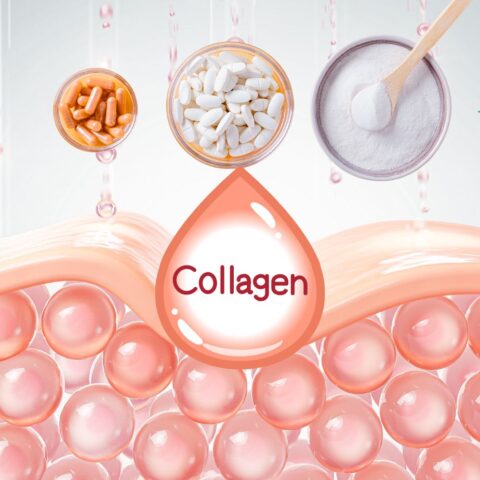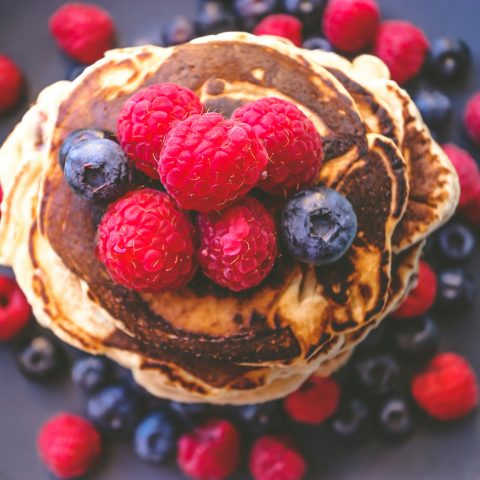Ladle of Contents
Key Takeaways:
- When choosing utensils for stainless steel cookware, consider factors such as durability, ease of cleaning, heat resistance, and aesthetics.
- Bamboo utensils are durable, affordable, and environmentally friendly but require extra maintenance.
- Wooden utensils are germ-resistant, elegant, and offer a natural grip but can stain easily and require regular oiling.
- Silicone utensils are long-lasting, heat resistant, and available in a wide range of colors but can be easily damaged by sharp knives.
- Metal utensils are durable, attractive, and easy to clean but may cause superficial scratches on stainless steel.
- Nylon/plastic utensils are affordable, dishwasher safe, and rigid for flipping but can melt easily and are less aesthetically pleasing.
Introduction
Choosing the right utensils for your stainless steel cookware is essential to enhance your cooking experience and protect the longevity of your pots and pans. While stainless steel is a durable and versatile material, selecting utensils that complement its characteristics can make a significant difference in your culinary adventures. In this comprehensive guide, we will explore the pros and cons of various utensil materials, helping you make an informed decision and find the best utensils for your stainless steel cookware.
Bamboo Utensils
Bamboo utensils are a popular choice for those seeking durability, affordability, and eco-friendliness in their kitchen tools. Bamboo is a fast-growing and renewable resource, making it a sustainable option for utensil production. Here are the key factors to consider when using bamboo utensils with your stainless steel cookware:
Pros:
- Durable: Bamboo utensils can withstand regular use and are resistant to breakage.
- Affordable: Bamboo utensils are often more budget-friendly compared to other materials.
- Easy to clean: Simply hand wash bamboo utensils with mild soap and water.
- Stain and odor resistant: Bamboo has natural properties that prevent stains and odors from lingering.
- Environmentally friendly: Bamboo is a renewable resource that grows quickly and doesn’t require extensive resources for cultivation.
Cons:
- Not dishwasher safe: Bamboo utensils should be hand washed to prevent them from absorbing excess moisture and becoming damaged.
- Extra maintenance: Bamboo utensils may require occasional oiling to keep them from becoming dry and brittle over time.
Wooden Utensils
Wooden utensils have been a classic choice in kitchens for their elegant appearance and natural charm. They offer a unique combination of aesthetics and functionality. Here’s what you need to know about using wooden utensils with your stainless steel cookware:
Pros:
- Germ and bacteria resistant: Wooden utensils have natural antimicrobial properties, making them a hygienic choice for food preparation.
- Durable: Wooden utensils are sturdy and can withstand everyday use.
- Elegant: Wooden spoons and utensils add a touch of elegance to your kitchen and dining experience.
Cons:
- Difficult to clean: Wooden utensils require gentle cleaning and should be hand washed to avoid damaging the wood.
- Stain easily: Due to their porous nature, wooden utensils can absorb colors and stains from certain foods.
- Not dishwasher safe: Wooden utensils should not be cleaned in the dishwasher as the high heat and moisture can cause warping and cracking.
- Require regular maintenance: To preserve the quality and appearance of wooden utensils, periodic oiling is necessary.
Silicone Utensils
Silicone utensils have gained popularity in recent years for their versatility, heat resistance, and vibrant colors. If you’re looking for modern and practical utensils for your stainless steel cookware, here’s what you should know:
Pros:
- Long-lasting: Silicone utensils are highly durable and can withstand extended use without showing signs of wear and tear.
- Heat resistant: Silicone can withstand high temperatures, typically up to 650 °F, making it ideal for various cooking methods.
- Dishwasher safe: Most silicone utensils are safe to clean in the dishwasher, offering convenience and easy maintenance.
- Affordable: Silicone utensils are often more affordable compared to other materials.
- Many color choices: Silicone utensils come in a wide range of colors, allowing you to match them to your kitchen decor or personal preference.
Cons:
- Easily damaged by sharp knives: While silicone is highly durable, sharp knives or utensils with serrated edges can cause cuts or tears in the silicone surface.
- May not be 100% silicone: Some products marketed as silicone may contain fillers or additives that reduce their durability and heat resistance. To ensure the quality, look for utensils that are certified as 100% silicone.
Metal Utensils
Metal utensils, such as stainless steel or other durable metals, offer a sleek and professional look in the kitchen. Here’s what you need to know about using metal utensils with your stainless steel cookware:
Pros:
- Durable: Metal utensils, particularly stainless steel, are highly durable and can withstand heavy-duty use.
- Attractive: Metal utensils provide a modern and professional appearance in the kitchen.
- Thin and sturdy: Metal utensils are often designed to be thin and sturdy, making them ideal for tasks that require precision and delicacy.
- Easy to clean: Metal utensils are generally dishwasher safe, offering convenience and easy maintenance.
- Dish washer safe: Most metal utensils can be safely cleaned in the dishwasher, saving you time and effort.
- Low maintenance: Metal utensils require minimal care and are suitable for everyday use.
Cons:
- Pricier: Metal utensils, especially high-quality stainless steel ones, tend to be more expensive compared to other materials.
- Conduct heat: Metal utensils can get hot when exposed to high temperatures, so caution is required while handling them.
- Chance of rust: If not properly cared for or if exposed to moisture for extended periods, metal utensils can develop rust.
- May cause superficial scratches: While stainless steel is durable, metal utensils can potentially cause minor scratches on the surface of your stainless steel cookware.
Nylon/Plastic Utensils
If affordability and easy maintenance are your priorities, nylon or plastic utensils might be the right choice for you. Here’s what you should know about using nylon or plastic utensils with your stainless steel cookware:
Pros:
- Durable: Nylon and plastic utensils are generally durable and can withstand regular use.
- Affordable: Nylon and plastic utensils are the most budget-friendly options available.
- Dishwasher safe: Most nylon and plastic utensils are safe to clean in the dishwasher, offering convenience and easy maintenance.
- Rigid and good for flipping: The stiffness of nylon or plastic utensils makes them suitable for flipping and turning food items.
Cons:
- Food sticks: Nylon and plastic utensils may not be as non-stick as other materials, making them more prone to food sticking to their surfaces.
- Melt easily: If left unattended on a hot stovetop or in direct contact with a heated surface, nylon or plastic utensils can melt.
- Less elegant: Nylon and plastic utensils are generally considered less aesthetically pleasing compared to other materials.
Conclusion
Choosing the best utensils for your stainless steel cookware involves considering various factors such as durability, ease of cleaning, heat resistance, and aesthetic appeal. Each material has its advantages and disadvantages, catering to different preferences and needs. Whether you opt for bamboo, wooden, silicone, metal, or nylon/plastic utensils, proper care and maintenance are crucial to prolonging their lifespan and preserving the quality of your stainless steel cookware. By selecting the right utensils, you can enhance your cooking experience and ensure the longevity of your beloved pots and pans for years to come.

